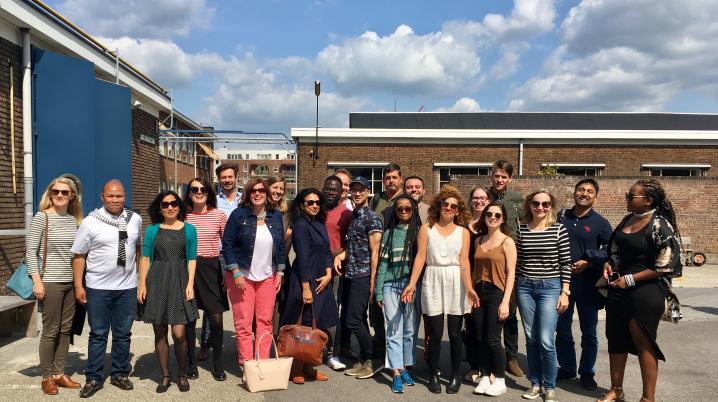
Looking back at the 5th international course on Urban Heritage Strategies
Connecting urban development and heritage management
From 19 to 30 August the short course on Urban Heritage Strategies (UHS) celebrated its 5th edition at the Institute for Housing and Urban Development Studies (IHS) of Erasmus University of Rotterdam. The main purpose of this course for urban and heritage professionals was to develop a better understanding of the complex relationship between urban development and heritage management. The UHS training was jointly developed by IHS and the Shared Cultural Heritage Programme of the Cultural Heritage Agency of the Netherlands. And this year’s edition was supported by the Netherlands’ Embassies in Brasilia and Pretoria and the Netherlands’ Consulate General in New York.
Exchanging experiences and expertise
UHS aims to create an international network where practices, skills and knowledge can be shared. During the two weeks of the course, 17 participants from all over the world gained knowledge and shared expertise about heritage strategies for urban environments that are directly applicable in practice. This year’s edition is tailored to four countries: South Africa, Brazil, United States and the Netherlands. This "Atlantic alliance" is motivated by similar challenges and approaches in the partner countries.
Case study: the Katendrecht neighbourhood
During the training, the participants spent two intense weeks attending lectures, visiting relevant sites in the Netherlands and working on an action plan. This year’s case study was the neighbourhood of Katendrecht in Rotterdam, a former harbour area that is undergoing large-scale developments and is currently facing interesting challenges. While co-working on the action plan, the participants addressed the following challenges: land-use, socio-economic and environmental planning.

